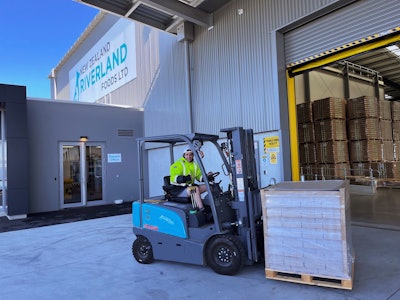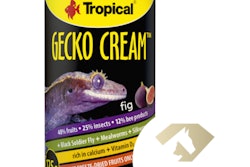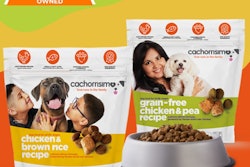
New Zealand Riverland Foods, the country's largest pet food cannery, has shipped its first orders to North America, marking a key achievement in its international expansion. The Christchurch-based company has teamed up with Canadian pet food brand PetKind to introduce premium, New Zealand-made pet food to the $85 billion U.S. pet food market.
Since its launch in March, Riverland Foods has grown rapidly, supplying products in Australia, South Korea and New Zealand. The North American market is an important next step for the company, says Michael Dance, general manager of Riverland Foods.
“With an expected US$40 billion in additional sales projected for North America in the next five years, establishing a presence here is essential,” Dance said, adding that PetKind’s reputation has been an asset. “Working with a respected brand like PetKind is a tremendous advantage. Their efforts to popularize Green Tripe — a nutrient-rich superfood — in the pet food industry have educated consumers worldwide about the health benefits of this natural ingredient.”
PetKind’s cofounder, Andrew Wasmuth, emphasized the alignment between both companies’ values and commitment to quality. “Collaborating with a New Zealand-based company aligns with the core values we’ve developed at PetKind,” Wasmuth said.
Riverland Foods is preparing for additional growth and plans to exhibit at Global Pet Expo in Florida in early 2025 to connect with U.S. brands. The company is also seeking certification to enter the Chinese market, with plans to begin fulfilling orders in time for Chinese New Year. “Securing our Christchurch facility’s registration for export to China is the final piece of our puzzle,” Dance added, highlighting the importance of New Zealand’s reputation for quality and safety in expanding to Asia-Pacific markets.
In March, Riverland Foods opened its premium pet food processing facility in Christchurch. Specialized in co-manufacturing wet diets, the US$21 million (NZ$35 million) state-of-the-art facility holds the capacity to produce 30 million cans per year.
 PetKind
PetKind
















